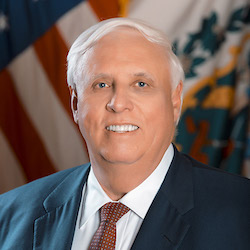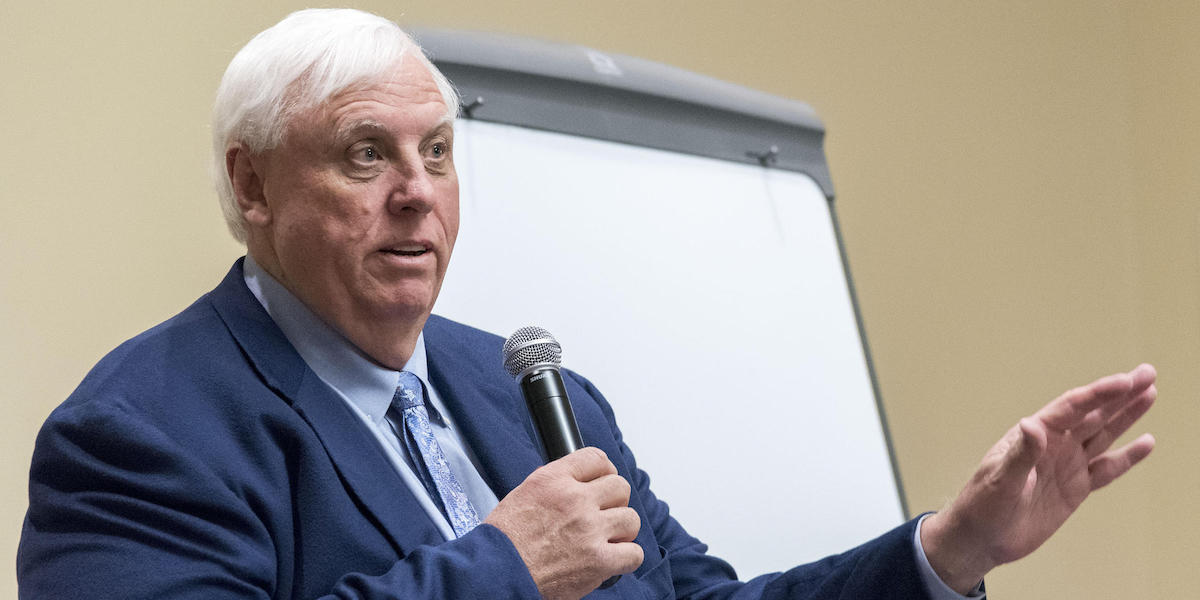
Washington, D.C., March 29 – While nationally 111,804 jobs were gained by people with disabilities, 4,173 people with disabilities in West Virginia exited the workforce last year.
The newly published 2018 Annual Disability Statistics Compendium shows there are 188,696 working-age (18-64) people with disabilities living in West Virginia. Out of that number, only 49,199 have jobs. That means the Mountain State has a 26.1 percent disability employment rate. Further analysis by the nonpartisan advocacy group RespectAbility shows that West Virginia ranks dead last in the country in terms of employment opportunities for people with disabilities. This wipes out much of the progress West Virginians with disabilities had made in 2015 which saw more than 5,855 new jobs for people with disabilities.
Said Jennifer Laszlo Mizrahi, president of RespectAbility, “These job losses are deeply painful for West Virginians with disabilities who want to work and be independent, just like anyone else. We deeply hope that leaders across the state will make it a priority to address this bad news. There is no reason for West Virginia to literally be the worst in the country at this.”
West Virginia’s Governor, Jim Justice, has vocally supported working on new jobs for people with disabilities but serious gaps in outcomes remain. In a proclamation written for National Disability Employment Awareness Month, Gov. Justice wrote that “We commend all persons who are committed to and work towards enhancing employment opportunities for people with disabilities.”
“Our nation was founded on the principle that anyone who works hard should be able to get ahead in life,” said Hon. Steve Bartlett, current Chairman of RespectAbility, who co-authored the Americans with Disabilities Act when he was in Congress. “People with disabilities deserve the opportunity to earn an income and achieve independence.”
A National Issue
Beyond West Virginia, how is the workforce changing for people with disabilities? What is driving these changes? The answer is simple. According to Vincenzo Piscopo of the Coca-Cola Company: “People with disabilities bring a unique skill set that it is very valuable for companies.” He went on to add, “As it relates to employment and competitiveness in the workplace, we have to stop thinking of disability as a liability and start thinking of it as an asset.”
Brand-name companies such as JP Morgan Chase, Coca-Cola, Ernst & Young, IBM, Walgreens, Starbucks, CVS and Microsoft show people with disabilities are successful employees. These companies also know that these workers improve the bottom line. “People with disabilities bring unique characteristics and talents to the workplace,” said RespectAbility President Jennifer Laszlo Mizrahi. “Hiring people with disabilities is a win-win-win for employers, people with disabilities and consumers alike.”
As more companies hire employees with disabilities, conversations are shifting to focus on inclusion. “Disability inclusion is no longer about automatic doors, curb cuts, ramps, and legislation,” says Jim Sinocchi, Head of the Office of Disability Inclusion at JP Morgan Chase. “Today, the new era of disability inclusion is about “assimilation” – hiring professionals with disabilities into the robust culture of the firm.”
According to the Census Bureau, there are more than 56 million Americans living with a disability. Disabilities include visible conditions such as spinal cord injuries, visual impairments or hearing loss and invisible disabilities such as learning disabilities, mental health or Autism.
An Election Issue
Voter research, conducted by RespectAbility, shows how disability issues connect to all aspects of American life. “Fully three-quarters of likely voters either have a disability themselves or have a family member or a close friend with disabilities,” said former Representative and Dallas Mayor Steve Bartlett. “People with disabilities are politically active swing voters, and candidates should take note of the important issues they care about.”
As 2019 moves into 2020 and the political campaign season heats up, continuing job growth for people with disabilities will be a crucial indicator of the health of the American economy.

Be First to Comment